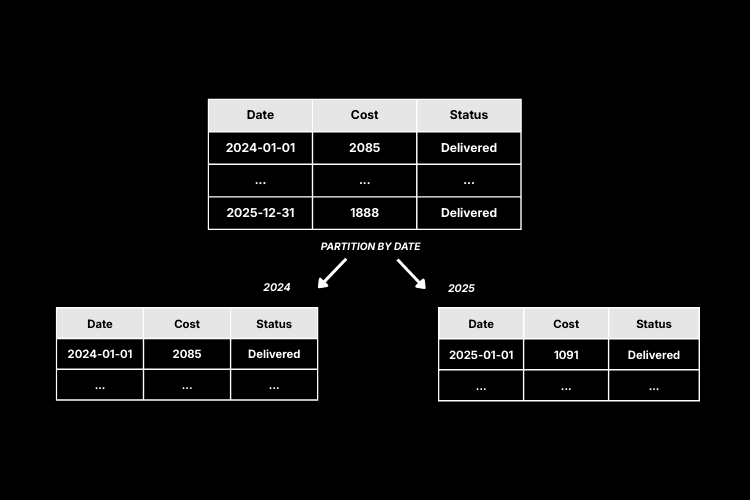In many ways, Customer Success (CS) teams are the bedrock on which many modern tech companies are built. These folks — who go by many titles, such as Customer Success Managers or Customer Experience Agents — are often the face of the organization. They pick up the phone when they see a customer struggling, answer calls when questions arise, and are usually on the front lines of customer interaction throughout the entire customer/company relationship.
Because of this, CS Managers have to keep a constant pulse on their customers. They should know right away when a customer is stuck in onboarding, under-utilizing an important feature, or wanting to add coworkers to their account. However, it's not always easy to do so, as customer data is often scattered and siloed between departments. This means that a CS agent usually has to jump between 3-5 tabs (their CRM, BI tool, financial tool, etc.) to truly understand what's going on with a customer. By then, precious time has been wasted and an opportunity to service a customer at the right moment is lost.
This is why we're happy to introduce our latest integration: Intercom. It was built with one purpose in mind — to rid Customer Success Managers of tedious, manual work and empower them with fresh data from their product and SaaS apps at their fingertips, at all times. Here are three benefits of integrating your data warehouse and Intercom together with Weld.
Get a 360° View of Your Customers Directly in Intercom
Customer Success Managers are not employed to perform repetitive, manual tasks. Yet, for the average CS Manager, that's just part of the job. Weld solves a big part of that problem. From your data warehouse, Weld allows you to push any customer data you want to Intercom and sync it at any desired frequency (as often as every minute!). This removes manual work because CS Managers can now get a holistic view of their customers in the very tool they use daily. They no longer need to shift between their BI tool, CRM, and billing system—everything is synced to Intercom.

The sky is the limit in terms of which data points and metrics can be pushed to Intercom. You might want to see a customer's LTV and CAC, the date of their last invoice paid, the number of seats they are paying for in your product, and their pre-defined health score (calculated within your data warehouse). You can get a complete picture of your customer without ever leaving Intercom.
Build Powerful Workflows in Intercom
Once your desired customer data points and metrics are in Intercom, another benefit emerges: building powerful workflows. Because the data is custom, it gives Intercom a new dimension of capabilities that wasn't previously possible.
One common example is ranking incoming support tickets based on customers' churn potential or projected LTV. This can automate an important part of the CS agent's workload, allowing them to service top priority customers first based on pre-defined internal metrics (instead of relying solely on Intercom's defaults).
Another example is using product data to create highly specific and granular segments, then sending personalized in-app or email campaigns based on that data. For instance, you might send an automated in-app message when a customer completes a specific onboarding step, or invite them to add new coworkers to their account when a product milestone is reached.
Sync Your Intercom Data Back to Your Data Warehouse and into Your Most-Used SaaS Apps
Syncing data from your data warehouse to Intercom is not the only thing you can do with Weld – the product also enables you to sync customer data from Intercom back to your data warehouse (like Google BigQuery or Snowflake). There are many reasons for this – all falling under the umbrella of "creating a unified, holistic view of each customer." Indeed, there are some very valuable and unique data points collected in Intercom — think of all the information associated with support conversations and email automation data. By importing this data into your data warehouse and associating it with the right customer, you further enrich your customer profiles. This can help, for example, Sales teams get notified in HubSpot (for which we have an integration) when a customer opens a support ticket in Intercom.
Start Syncing Customer Data to and from Intercom
Getting started with Weld is easy, and you'll be able to start syncing your product and CRM data to Intercom in no time. Our data experts will even help you set everything up and make your data warehouse your company's single source of truth. It's a win for your business, your CS team, and, most importantly, your customers. Schedule a call to learn more about Weld.












